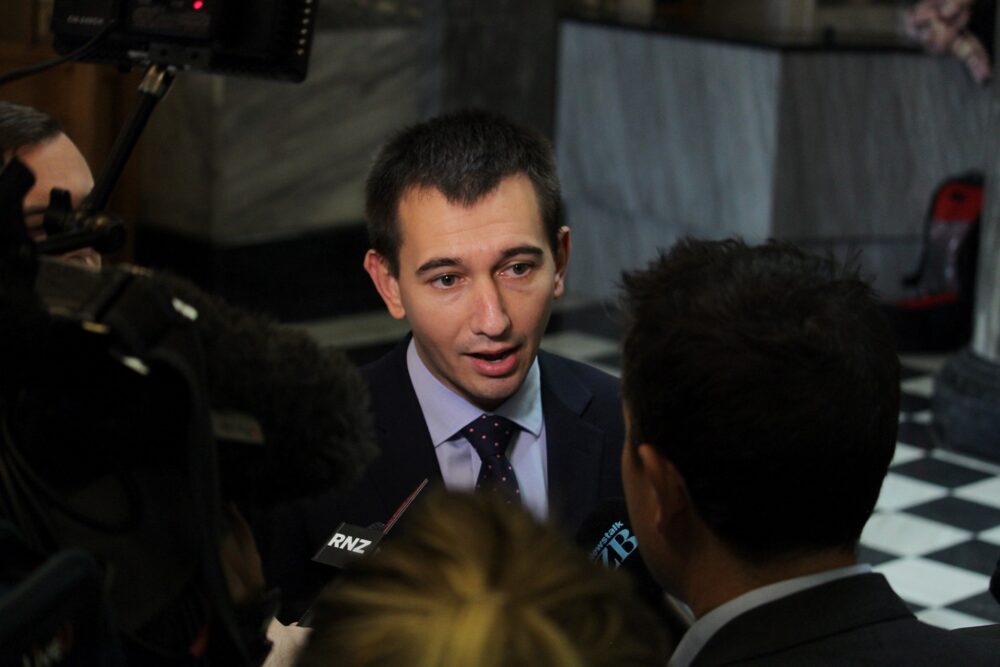
- By Simeon Brown, Member of Parliament for Pakuranga
The Government has delivered on one of our key promises to New Zealanders by restoring the rights of communities to determine whether to introduce Māori wards.
The passing of the Local Government (Electoral Legislation and Māori Wards and Māori Constituencies) Amendment Bill draws a line under the divisive policies introduced by the previous Government that denied local communities a say over whether to establish these wards.
The Bill restores the rights of voters in local communities to determine whether to introduce Māori wards on their councils, assuring local democracy and decision making.
It will also require councils that established Māori wards without a referendum to hold a binding poll alongside the 2025 local elections, allowing communities to have their say.
New Zealanders made it clear they wanted the chance to decide for themselves whether to introduce Māori wards in their area, and I am pleased our Government is restoring the right to local referendums.
The Government also recently introduced legislation to enable roadside drug testing as part of our commitment to improve road safety.
Alcohol and drugs are the number-one contributing factor in fatal road crashes in New Zealand. In 2022, alcohol and drugs were contributors to 200 fatal crashes on our roads.
Despite this, police have no way to undertake saliva testing for drugs at the roadside, and only 26 per cent of drivers think they’re likely to be caught while driving under the influence of drugs.
Although the previous Government passed legislation to roll out roadside drug testing two years ago, progress stalled.
Their legislation was flawed and unworkable and would have required oral fluid tests to meet evidentiary standards instead of simply being used as screening devices.
Our Government is delivering where the previous Government failed. We’re enabling oral fluid testing at the roadside for screening purposes so police can procure the drug testing devices needed to crack down on drug driving.
Oral fluid testing is common overseas and is an easy way to screen for drugs at the roadside. Our approach will bring New Zealand in line with Australian legislation and will empower police to randomly screen drivers for drugs, similar to how drink-driving is enforced.
Drivers who refuse to undergo oral fluid testing will be issued with an immediate infringement notice and be prohibited from driving for 12 hours to reduce the risk of tragic drugged driving outcomes.











